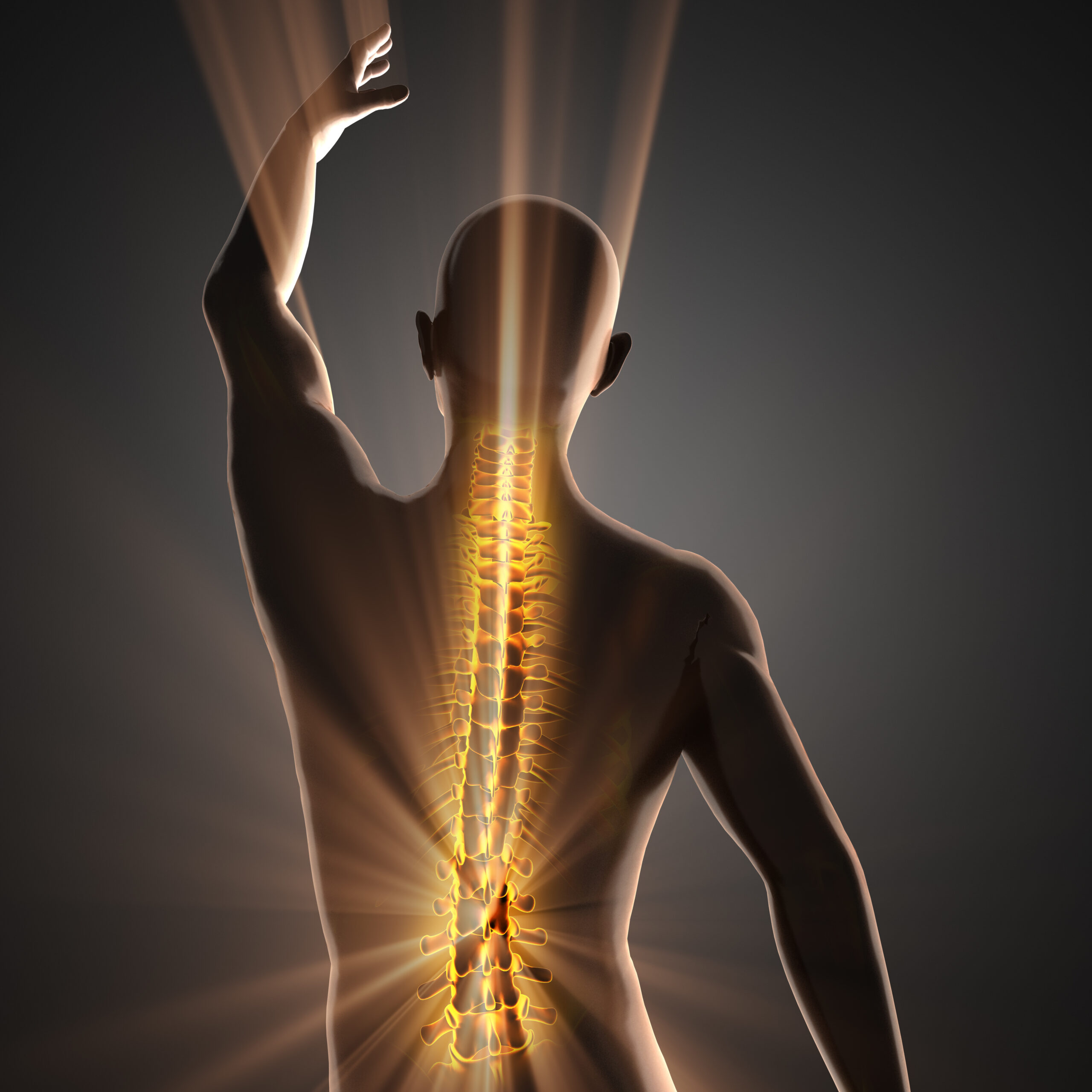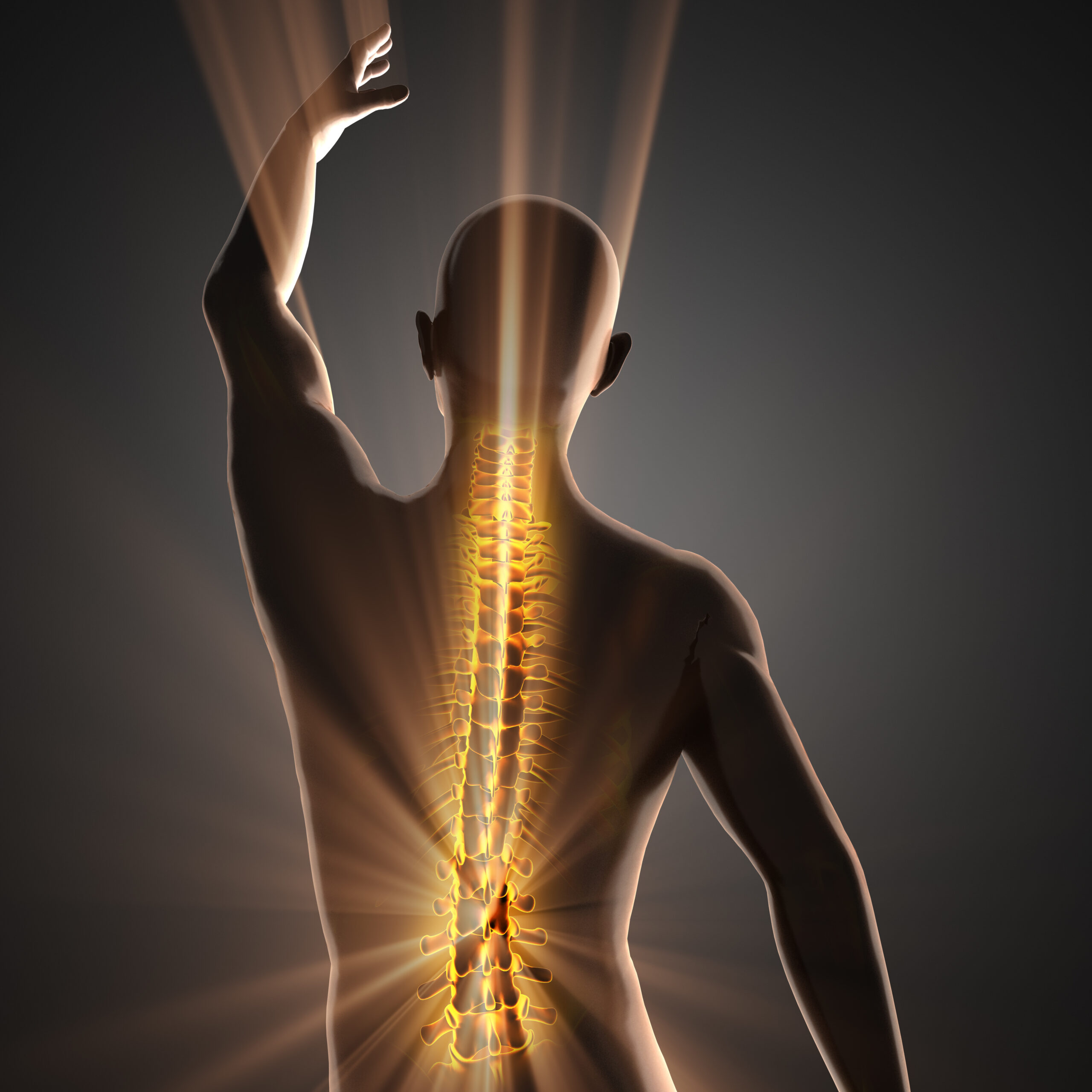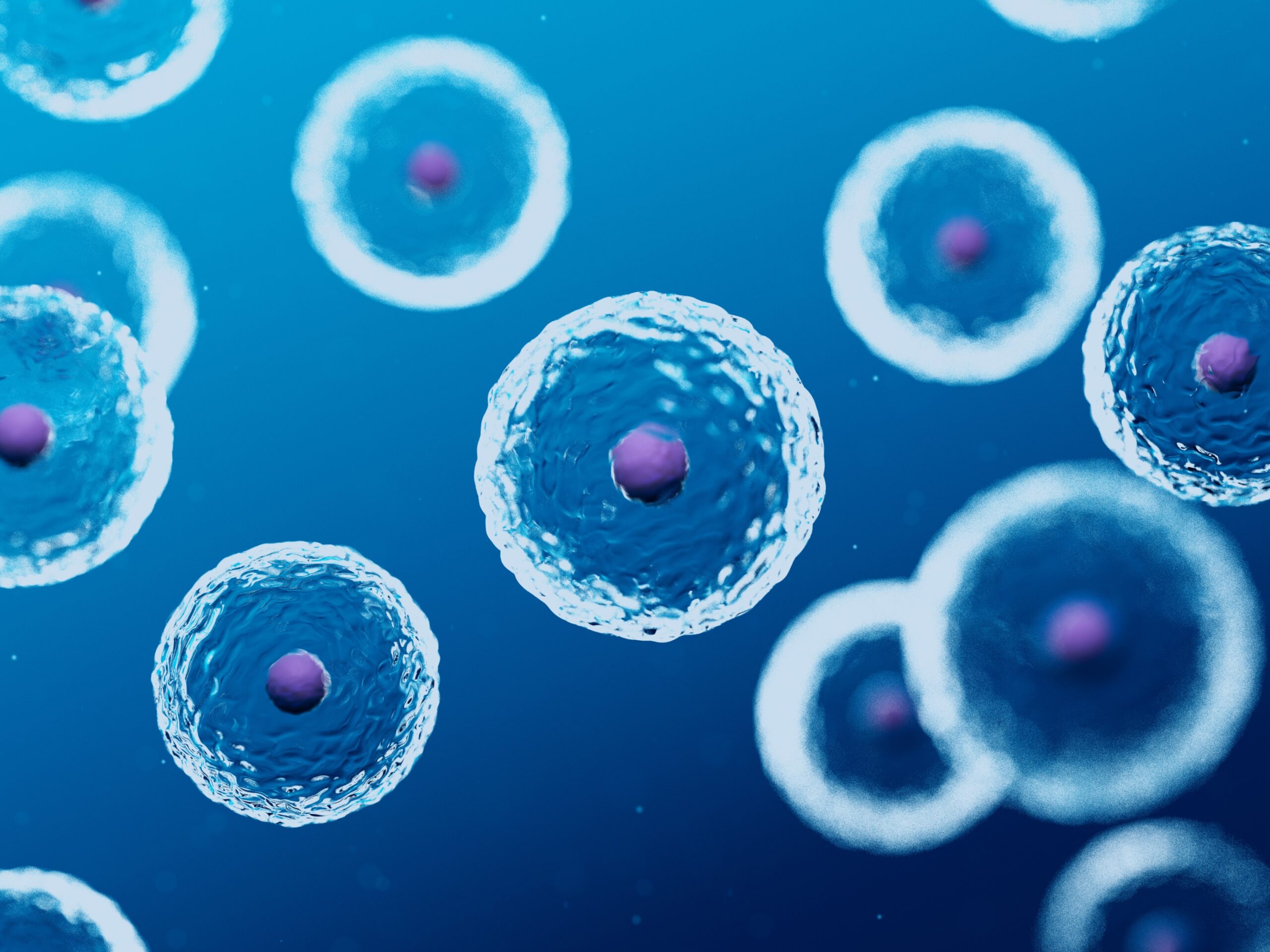Those With MS Might Avoid Cognitive Issues With A Mediterranean Diet
Those with Multiple Sclerosis (MS) who adhere to a Mediterranean Diet are less likely to show signs of cognitive impairment compared to those with the condition who don’t follow the top-ranking diet which is linked to numerous health benefits. The study presented at the Meeting of the American Academy of Neurology in Boston suggests that the diet …










